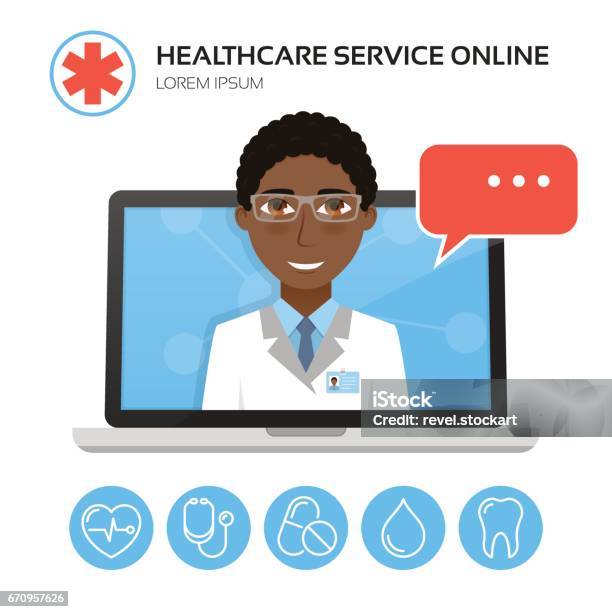Why Subscription Based Healthcare is Acquiring Popularity Among Patients Today
Why Subscription Based Healthcare is Acquiring Popularity Among Patients Today
Blog Article
The Rise of Subscription-Based Health Care and Its Effect On Patient Care
As health care progresses, the subscription-based version is gaining traction, promising to reinvent individual treatment by supplying predictability and ease of access. These models, which bypass typical insurance, might redefine the patient-doctor dynamic, highlighting preventative and personalized care. As with any type of development, they present difficulties, especially worrying fair access for all socioeconomic groups. The possibility for these versions to reshape healthcare shipment raises pressing questions about their lasting sustainability and inclusivity. Are these registration solutions the future of healthcare, or do they risk leaving susceptible populations behind? The details of this change warrant a more detailed evaluation.
Recognizing Registration Healthcare Models
Grasping the principle of membership healthcare versions entails checking out a transformative method to medical solutions that emphasizes affordability and accessibility. These versions, usually described as direct health care (DPC) or concierge medication, have actually become ingenious choices to conventional fee-for-service health care systems. Registration healthcare enables people to pay a fixed monthly or yearly cost for a defined set of medical solutions, which might include limitless workplace brows through, routine examinations, and fundamental laboratory examinations, without the demand for traditional insurance payment.
The structure of subscription health care designs is made to simplify patient care by eliminating third-party payers and complex invoicing codes, thus decreasing management worries. Doctor can concentrate much more on individual treatment, promoting stronger patient-provider partnerships. This design likewise promotes preventative treatment by motivating routine brows through, as the financial barrier of per-visit fees is removed.
The membership design often equips medical care service providers to handle smaller patient panels, permitting even more customized care. It straightens monetary rewards with patient wellness results, as companies are inspired to maintain individual fulfillment and health. On the whole, comprehending registration medical care designs requires identifying their potential to reshape how treatment is provided and accessed.
Benefits for Providers and patients

With a constant earnings stream, medical care specialists can devote even more time to each client, leading to an extra individualized and extensive care experience. The emphasis on preventative care within membership strategies can lead to much better person outcomes and minimized long-term health care prices.
Concerns and difficulties
While subscription-based healthcare designs existing various advantages, they additionally feature a set of difficulties and worries that must be attended to. Initially, ease of access stays a substantial issue, as these designs frequently target individuals who can pay for month-to-month costs, potentially excluding low-income populations. This increases moral questions about equitable accessibility to healthcare services. Furthermore, the varied nature of membership plans can result in complication among clients relating to coverage specifics, possibly causing unmet assumptions or poor treatment.
Financial Home Page sustainability of subscription-based models is an additional problem. Providers must stabilize the fixed income from memberships with the variable expenses of health care solutions, which might rise and fall because of unanticipated medical demands. This can produce pressure to restrict solutions or boost costs, potentially affecting client contentment and care top quality.
In addition, regulatory oversight of subscription-based health care designs is still evolving. The lack of standard frameworks can bring about inconsistent service high quality and liability, making complex efforts to make certain person defense. Finally, the integration of innovation-- typically a foundation of these versions-- elevates inquiries concerning information personal privacy and security, as sensitive individual info could be vulnerable to violations. Attending to these obstacles is essential for the equitable and effective implementation of subscription-based healthcare.
Effect on Patient-Doctor Relationships
One considerable effect of subscription-based health care models on patient-doctor partnerships is the capacity for improved continuity and customized treatment. By adopting a subscription model, medical professionals can take care of a smaller sized client panel, permitting for even more dedicated time with each person. This raised availability cultivates a much deeper understanding of a client's medical background, way of living, and preferences, enabling extra tailored therapy plans and treatments.

Nonetheless, it is crucial to identify that while subscription-based models might benefit those that can afford them, they could accidentally broaden healthcare differences. Individuals who are incapable to take part in these models could experience reduced accessibility to individualized treatment, possibly affecting their relationships with health care suppliers. Thus, while the registration design offers appealing advantages for patient-doctor partnerships, it also presents challenges that need to be dealt with to ensure fair medical care gain access to.
Future of Medical Care Access

The role of check these guys out innovation can not be ignored in this improvement. Telemedicine systems and digital wellness documents help with seamless communication between individuals and health care providers, breaking down geographical and logistical barriers. Additionally, developments in artificial knowledge and information analytics can better personalize clinical care by predicting client needs and optimizing therapy strategies.
Nevertheless, the future of health care gain access to also presents challenges, such as making certain equity across various socio-economic teams. Policymakers and healthcare service providers must team up to link the electronic divide, making certain that subscription-based versions remain cost effective and inclusive. As these systems mature, they hold the assurance of making health care much more accessible, reliable, and patient-centric.
Conclusion
Subscription-based medical care models are improving client treatment by providing a secure cost framework and boosting availability. These versions enhance patient-provider partnerships through individualized treatment and regular brows through, emphasizing preventative wellness. Despite these benefits, obstacles such as ease of access concerns for low-income populations and the demand for equitable healthcare solutions linger. The increase of subscription-based healthcare encourages proactive person involvement, which has the potential to improve individual outcomes and satisfaction, signifying a transformative change in health care shipment.
As medical care advances, the subscription-based design is getting traction, promising to reinvent individual care by providing predictability and ease of access.Subscription-based healthcare models offer distinct benefits for both people and service providers, improving the overall healthcare experience.As healthcare systems advance, the future of medical care gain access to often hinges on the assimilation of ingenious designs and technologies.Subscription-based healthcare versions are reshaping patient treatment by supplying a steady expense framework and boosting access. The rise of subscription-based healthcare motivates proactive individual engagement, which has the prospective to enhance client end results and complete satisfaction, indicating a transformative shift in health care shipment.
Report this page